The relationship between citizen and bureaucracy the most visible instrument of Government has been a matter of speculation and concern for political philosophers, theorists, monarchs and administrators ever since the beginnings of the rudiments of a state. While some writers have conceived the relationship in idealistic terms resulting in the estabilishment of a plethora of rights and obligations both on the part of citizen and the state (acting through government), the others have seen a series of confronting relationship emerging out of the seemingly conflicting interests between them. The parameters of such conflicting situations are not confined merely to the apparent perceived violation of a spectrum of rights (including human rights) supposedly accruing to the citizens in a state by its functionaries, but opposing interests between the citizens and bureaucracy also emerge within the bureaucracy itself in situations when a citizen performs the role of a functionary of the Government and feels that his personal interests are not being properly safeguarded. Sources of conflict between the citizen and the bureaucracy are inherent in almost all processes of public administration necessitating citizens’ involvement in decision making process. In all these situations, however, there is a need to bring out consensus between the two for the survival and benefit of the citizenry as a whole. The essays in this volume, originally presented by some distinguished scholars around the world in the sessions of the International Political Science Association’s Research Committee 4, at the XVIIthe World Congress held in Seoul in 1997, and later revised, reflect some of the areas of concern and various dimensions of bureaucracy-citizen interface, and discuss a number of complex issues in the context of specific situations, processes and case studies in cross-cultural perspective. The contributions make a strong plea for a more comprehensive and configurative interpretation of the bureaucracy-citizen paradigm for an objective analysis of the conflicting and consensual situations in the face of the trend towards globalization at the threshold of the 21st century.
Induced Development to Good Governance: Paradigm Shift in the Concept of Development Administration in the New Millennium
The concept of Development ...
$34.20
$38.00

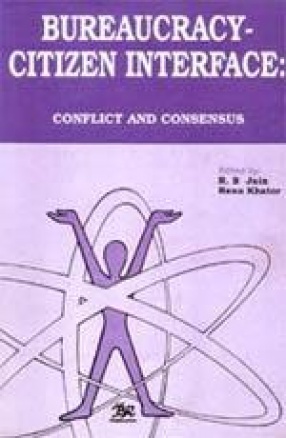
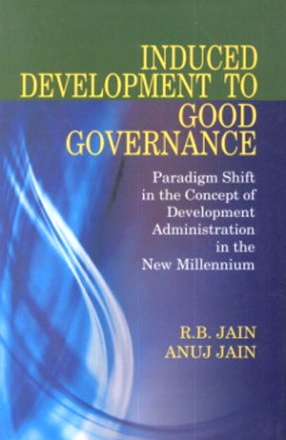
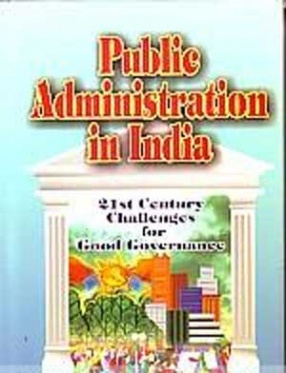

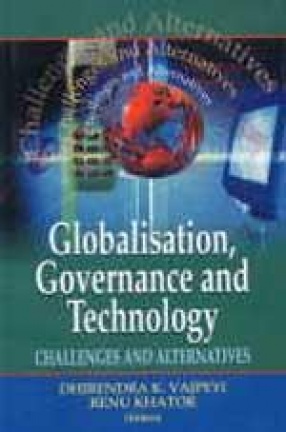
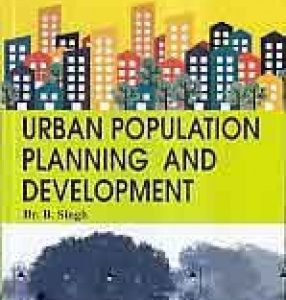


There are no reviews yet.